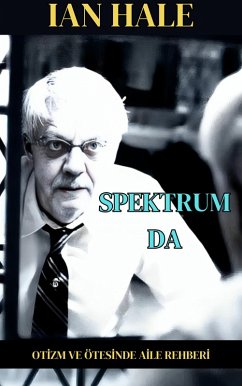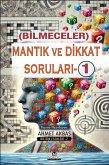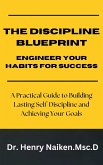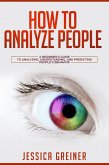existing knowledge and allows us to use information sensitively and
intelligently research, understand, and apply it for ourselves.
It will be of general interest as it contains science-based advice on genetics, allergies, general.
health and some of the ways in which humans may have 'differently wired' brains. It is enlightening
and written from a new sympathetic and humanistic perspective.
Ian is an author and expert medical scientist who is on the spectrum and writes as a medical scientist.
Therefore, it is in an ideal position to contribute insights on this topic. For example, the book
offers an informative overview of current scientific research, as well as
its own unique insider's perspective experience. For example, "Autism is
for life, a fact that is rarely taken into account by social institutions, including senior care.
No one "grows" out of Autism; This is not a "phase".
It informs us about the 'mild', 'moderate', 'severe' and 'deep' conditions that may be involved.
Dyslexia; Dyscalculia; Attention Deficit Disorder (ADD); Attention Deficit Hyperactive
Disorder (ADHD); Asperger's Syndrome, (AS); Pervasive Developmental Disorders-Not
Otherwise Specified (PDD-NOS); Williams Syndrome; Hyperlexia; Dyspraxia; High Functioning
Autism; Crohn's Disease, and more.
It has been said that it is vitally important to recognize that "autists" are individuals first, and
patients who have the second form or forms of autism. Describes possible
qualities; varieties of symptomatic presentation; the need
for their understanding of absolutely different and measurable ways of behaving; the stresses they may experience and
the importance of love and acceptance. Agree, my own research confirms that equity
opportunity is defined as skilled support funded for improvement for society with all benefits.
Ian doesn't pull a punch in his critical commentary on autistic historical and contemporary abuse
People have suffered and are still suffering. It has been disorganized, ignorant, perhaps
the well-intentioned intentions of those who legislated and enforced the Law, but this book gives us a
new range of factual insights. It will inform and empower professionals, authorities, parents,
caregivers, and autists to speak up, and resist discrimination and harassment by those who
are condescending or violently abusive. It will also provide them with the information they need to stay afloat.
Informing
those who apply inappropriate treatment and the kind that shows professional ignorance.
It's a thoughtful book and an act of self-acceptance that I admire. I've been
impressed by Ian's authenticity, integrity, proud ownership, and empathy for writing insightfully
about himself and others across the spectrum. He has created a book full of practical advice that autists,
parents, caregivers, therapists, teachers, paramedics and even the public will find extremely useful. It is
a groundbreaking book that fills a gap in the market.
- Dr. Jennifer A Hawkins, (PhD) Author "Emotions and Emotion-Based Learning: A New Theory" (2017) Palgrave
Macmillan and "Brain Plasticity and Learning: Implications for Educational Practice"
(2021) Palgrave Macmillan
Dieser Download kann aus rechtlichen Gründen nur mit Rechnungsadresse in A, B, CY, CZ, D, DK, EW, E, FIN, F, GR, H, IRL, I, LT, L, LR, M, NL, PL, P, R, S, SLO, SK ausgeliefert werden.









